

Research Associate
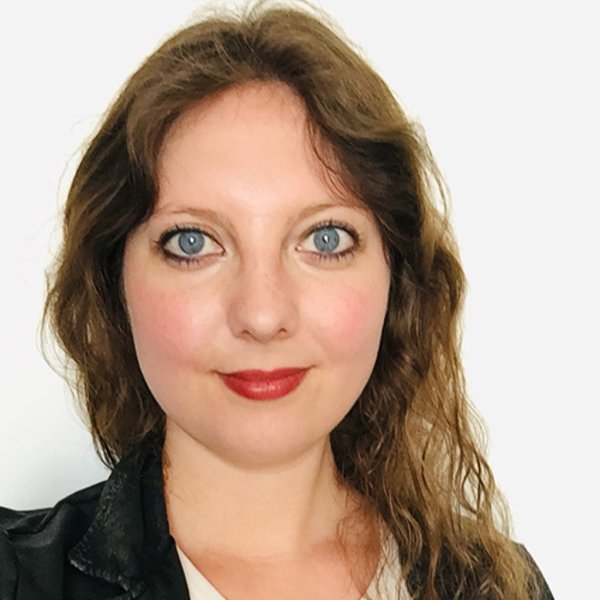
The focus of my research is on the concrete practice of violence in urban space. I examine the interpretations and practices of political violence in the street since the 1970s. Especially, I am interested in the historical mutability of concrete, time- and place-dependent dynamics of violence, protest strategies, and state intervention. Based on protest events in European cities, such as the Brixton Riots, specific squatting events, and large-scale demonstrations, I want to focus on the central actors: these include not only the protesters, but also the security forces and bystanders, as well as the respective possibilities and limitations of urban space.
Research Area Interpretations: 3.3 Interpretation of Violence in the City
Principal Investigator | Deputy Member of Directorate
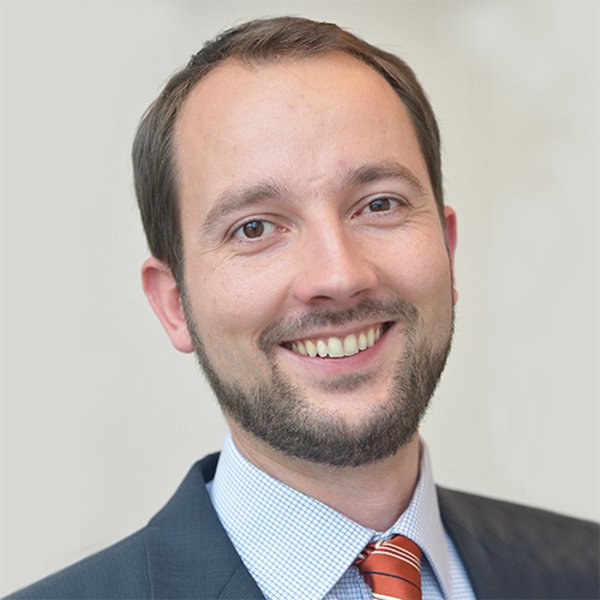
At this interface, I focus in particular on cyber security, new forms of warfare, and human-computer interaction. In addition, I study the impact of new information and communication technologies (ICTs) on political conflict and transformations of political violence. The focus of my research at TraCe is the application of methods and findings from computer science in peace and security research.
Research Area Forms: 1.2 New Forms of Political Violence and Technological Change
Research Associate
![[Translate to Englisch:] [Translate to Englisch:]](/fileadmin/_processed_/b/e/csm_Guntrum_neu_1156x1156_c3eb84d030.jpg)
Information and communication technologies (ICT), particularly social media such as Twitter, Facebook or messenger services like Telegram, play an increasingly important role in political crises and conflicts. Especially since the Arab Spring in 2011, ICTs have been used by various actors to organize for protests, share war propaganda, spread disinformation, or generate attention. In my research, I empirically investigate how ICTs are used in political crises. I am interested in both risks and potentials. I plan to explore the relationship between transformation processes and technical applications in more detail and find out to what extent ICTs have an impact on the transformation of political violence.
Research Area Forms: 1.2 New Forms of Polital Violence and Technological Change
Principal Investigator
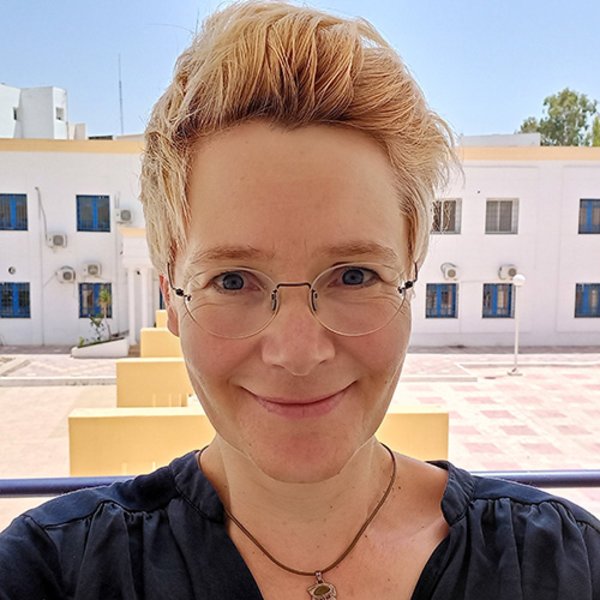
My research at TraCe is situated in the field of transitional/transformative justice and collective memory in Colombia. Particularly, I am interested in justifications of past and present paramilitary, insurgent and state violence which seeks to prevent, enable and sanction deviations from norms. gendered and sexual dissidence. The question I pursue is whether the complex interactions between violent actors and social movements (local, national, transnational) lead to multilayered gendered orders of social life.
Research Area Interpretations: 3.1 Interpretation of Violence | 3.2 Memories of Violence
Principal Investigator | Member of Directorate | Co-Speaker
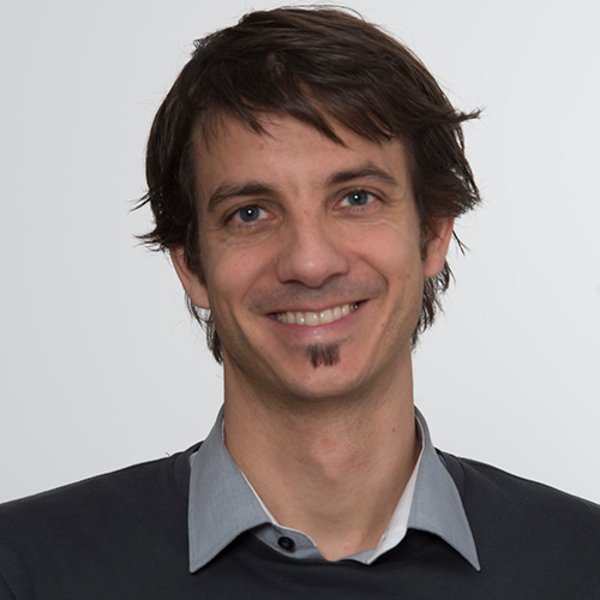
My research examines the current changing form of political violence in the context and aftermath of intrastate conflicts. I am interested in the increasing internationalization of violent intrastate conflicts and the consequences for political violence. Furthermore, I examine the global trend of ‘shrinking civic spaces’ and the targeted, repressive violence against social activists and civic actors. Empirically, I focus my research on the specific dynamics in Latin America and especially Colombia.
Research Area Forms: 1.1 Findings on the Forms, Causes and Consequences of Political Violence
Principal Investigator | Deputy Member of Directorate
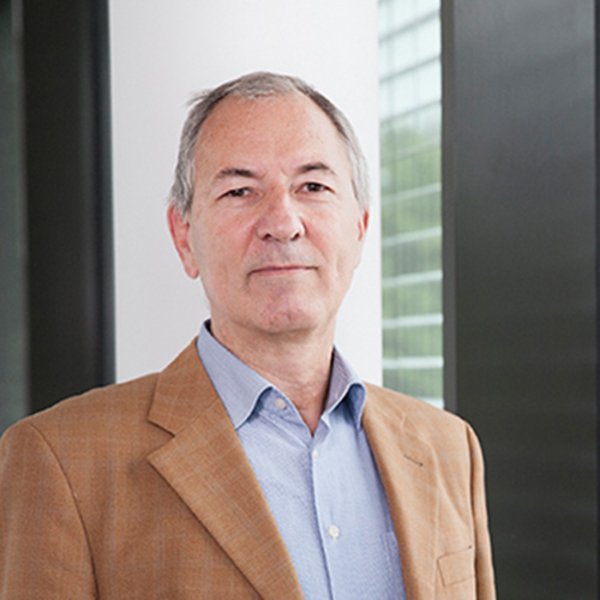
In my research, I am concerned with ‘communities of violence’, their role in excessive force, and historical security research. In the context of the early modern period, I focus on specific situations of violence such as breaches of land peace, occupation situations, and interventions by foreign powers (e.g., in the context of revolutionary upheavals after 1790). I am interested in mechanisms of containment of violence, for example through legal institutions, and for what reasons this succeeds or fails in each case.
Research Area Institutions: 2.1 Intervention and Prohibition in the Context of De-Colonization | 2.2 Justification of External Intervention as a Process of Problematic Normalization of Violence
Academic Coordinator (part time 50%)
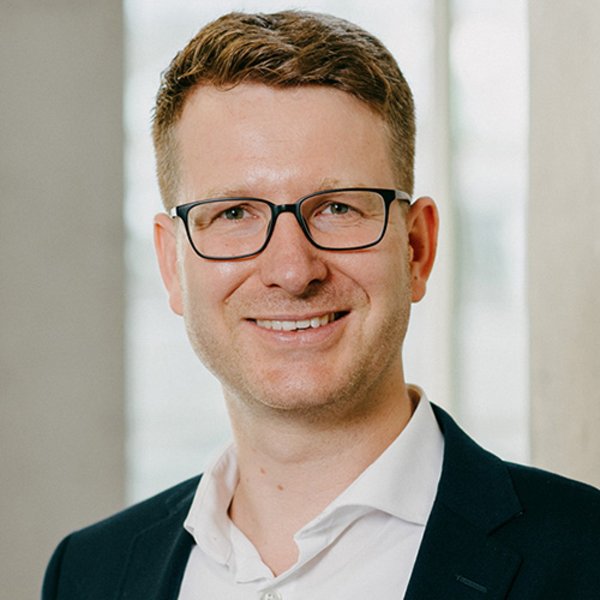
As project coordinator, I support the partners in cross-institutional research planning and am responsible for quality control, organization of the scientific advisory board, event coordination, and results collection and documentation. In addition, I communicate with the funding agency, the project sponsor, national and international partner organizations, and coordinate reporting. Furthermore, I accompany the strategic planning for the continuation of TraCe and its institutionalization.
Research Associate
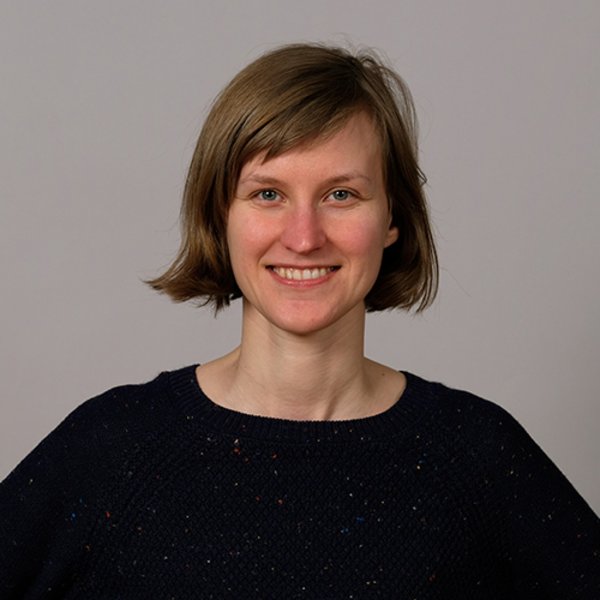
My research focuses on intra-state conflicts and Islamist and jihadist actors in internationalized armed conflicts. Regionally, I focus on West Asia and primarily on Syria. I am concerned with structures and institutions these actors (re)build, their behavior and their interaction with other groups but also with civilians and external actors. I am particularly interested in ideological changes, violence against civilians and transformation processes. I also explore ways to engage with militant Islamist groups to de-escalate conflicts.
Research Area Forms: 1.1 Findings on the Forms, Causes and Consequences of Political Violence
Research Area Institutions: 2.3 Containment of New Violent Actors
Principal Investigator
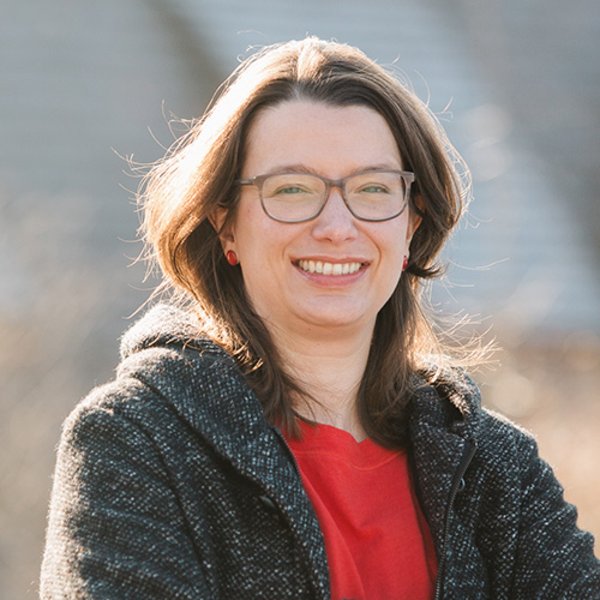
Peaceful conflict resolution has experienced a veritable surge of internationalization and institutionalization over the past 25 years: peacekeeping missions are receiving ever more extensive mandates, and peacebuilding activities now represent a focus of international organizations and NGOs. At the same time, due to complex conflicts, a certain intervention fatigue can be observed among many states as well as an increasing search for local solutions. My research at TraCe ties in with this tension between internationalization and local solutions. I am working on the conditions of sustainable peacebuilding and focus on the role of international institutions.
Research Area Institutions: 2.3 Containment of New Violent Actors
Research Associate
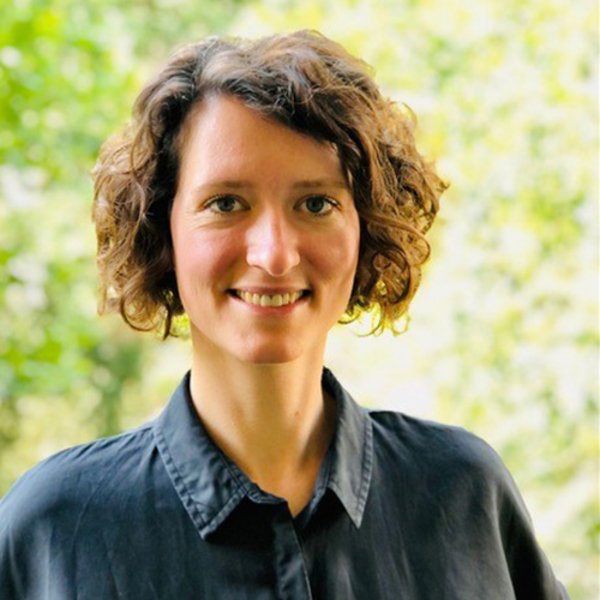
In my research, I work from a feminist perspective on the complex relationship between changing patterns of interpretation and justification of political violence with a specific focus on LGBTIQ+ persons in Eastern and Southern Africa. I discuss the multifaceted colonial legacies of anti-LGBTIQ+ policies, laws and norms as well as their interpretations and re-interpretations. I am particularly interested in processes of change in the field of social norms, legal practices and the relationship to political violence and the role of political and religious institutions and actors. Furthermore, my research aims to bridge the gap between scholars and activists in the discussions and discourses around (structural) violence against LGBTIQ+ persons and to contribute to providing spaces which enable interdisciplinary exchange.
Research Area Interpretations: 3.1 Interpretation of Violence
Principal Investigator
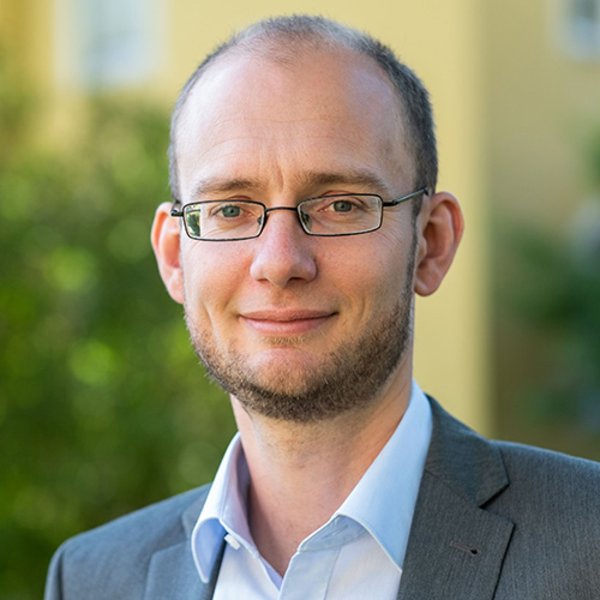
Political violence in (post-) conflict settings and the processing of past violence in the fields of collective memory and transitional justice are at the center of my research at TraCe. I am particularly interested in political violence in contexts of extreme social inequality. I study forms and transformations of political violence especially in the context of socio-ecological conflict dynamics related to resource exploitation and the turnaround in energy policy.
Research Area Institutions: 2.3 Containment of New Violent Actors
Principal Investigator | Deputy Member of Directorate
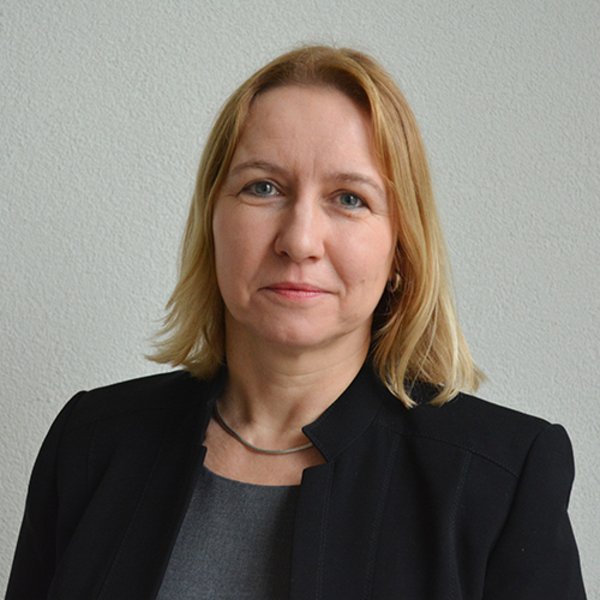
Political violence is intertwined with the impact of normative projections on social identifications. Translations of these projections take place between institutions and individual as well as collective actors: What can be understood as a ‘good’ life? At what price should it be defended – even at the cost of death? Under the conditions of Europeanization, globalization and super-diversity, these questions are constantly renegotiated in modern societies. Using the international and intra-societal processing of colonial violence, I therefore study the relationships between normative discourse, collective action and representations of past violence and examine what new conflicts emerge in the postcolonial setting
Research Area Interpretations: 3.1 Interpretation of Violence
Principal Investigator | Member of Directorate
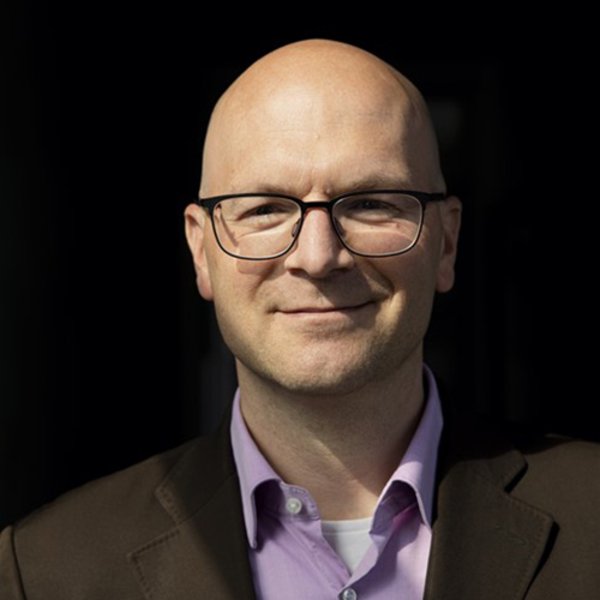
In my research, I focus on political violence in the context of environmental and climate politics and I examine the forms and mechanisms of environmental conflict. I am particularly interested in the interactions between activists, state and non-state repressive institutions and how these influence the increase and legitimation of political violence.
Research Area Forms: 1.2 New Forms of Political Violence and Technological Change
Research Area Institutions: 2.3 Containment of New Violent Actors
Principal Investigator
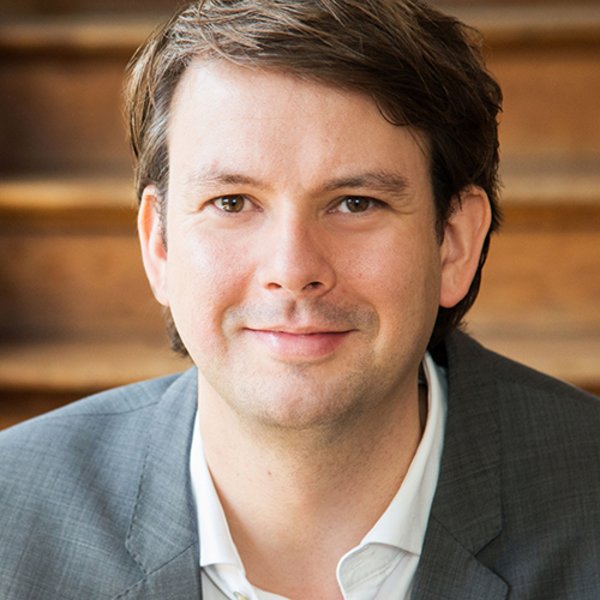
I am interested in how and under which conditions peaceful protests have developed into violent street protests, which forms of violence are chosen, and how this has transformed over time. The city and street as spaces of conflictual, political contestation are at the center of my research. At TraCe, I want to find out to what extent the spatial conditions in the city play a role in the emergence of political violence and how actors adapt their strategies and practices accordingly. In order to answer this, I will focus on political violence in cities in the 20th century.
Research Area Interpretations: 3.3 Interpretation of Violence in the City
Principal Investigator | Co-Speaker
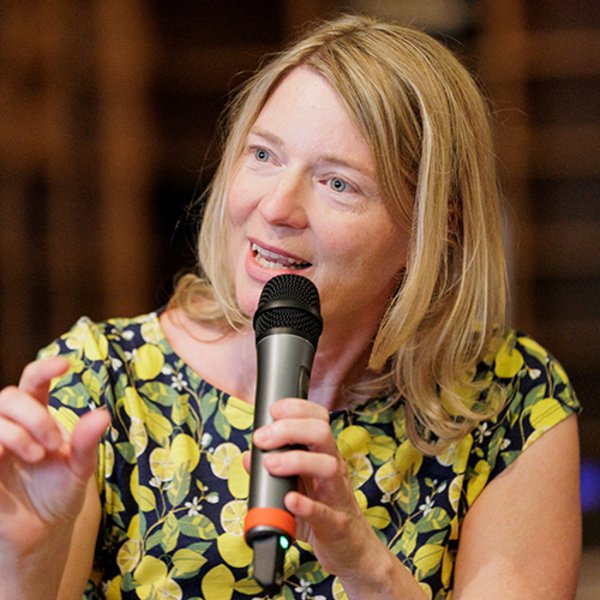
In my research, I focus on the dynamics between political violence and collective memory. Truth commissions, commemorative culture, history books, or everyday acts of storytelling transform political violence into collective memory. But memory is not just a retrospective act. It also preforms future violence. This is why I am interested in narratives and mnemonic images of violence. I compare the ‘afterlives’ of colonial violence in the Global South with the dynamics of postcolonial and postimperial memories in Europe. In doing so, I examine the shaping role of media culture and the emergence and framing of memory in new media. I put a special emphasis on the analysis of current debates about comparing the Holocaust and colonialism (the ‘Historians’ debate 2.0).
Research Area Interpretations: 3.2 Memories of Violence
Principal Investigator | Member of Directorate
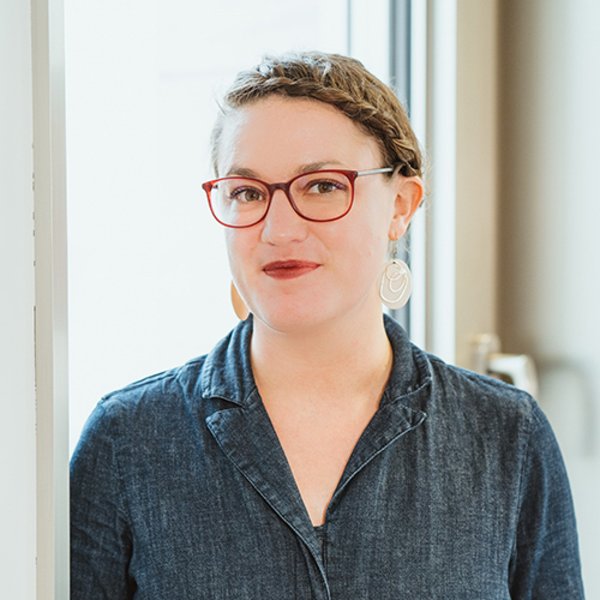
Over the last decade, civil wars that broke out in the aftermath of the Arab uprisings have been marked by their increased internationalization. Next to “typical” interveners in the region, i.e., the US and its Western allies who are militarily active at different levels, with varying intensity, and mainly in the name of counter-terrorism, other actors have emerged in as ordering powers in regional politics, resorting to the use of force to pursue their goals. Arab states sometimes cooperate with the “Western concert” but also act unilaterally or in (new and shifting) regional alliances. The project pursued in the context of TraCe seeks to understand the emergence of military interventions as pursued by Arab states in the wars in Libya, Iraq, Syria, and Yemen, as well as the way in which cooperation is organized among them, and between them and Western states.
Research Area Forms: 1.1 Findings on the Forms, Causes and Consequences of Political Violence
Principal Investigator | Member of Directorate
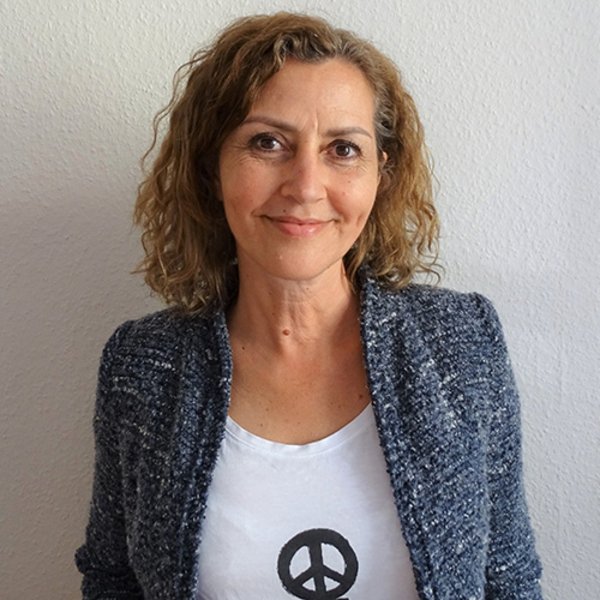
In my research, transformations of political violence mainly relate to peacebuilding processes after violent conflict. I am interested in social and political dynamics of change, in particular regarding demographic groups such as women and girls, victims or perpetrators, as well as various notions of justice that are being pursued in the process. I hope to contribute to an understanding of transformation that is situated and localized in particular post-conflict contexts and that challenges simplified global, one-size fits all solutions for times of transition.
Research Area Interpretations: 3.1 Interpretation of Violence | 3.2. Memories of Violence
Principal Investigator
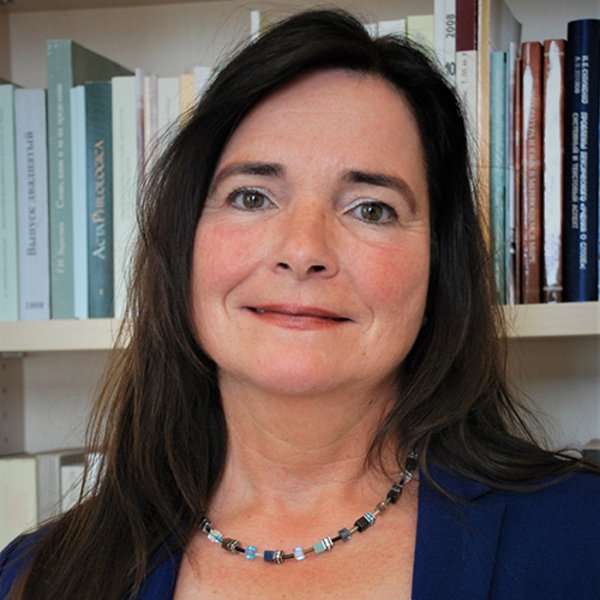
In my research, I am concerned with discursive manifestations of political violence and narratives that legitimize and justify violence. Using Russia’s current war of aggression against Ukraine as a case study, I focus on Zelensky’s rhetoric of appeal, Putin’s propaganda, and the public representation of language in the war situation and identify key discourse strategies such as falsifications of history to justify and explain violence. In this context, I am particularly interested in the complexity of the interrelationship of violence and language and analyze the extent to which language functions as a medium of violence, represents a form of violence itself – for example through hate speech – or enables an exchange about violence.
Research Area Interpretations: 3.2 Memories of Violence
Research Associate
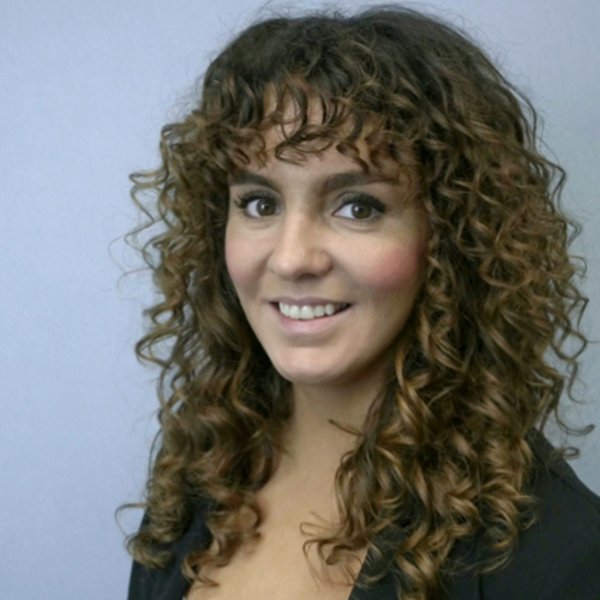
My research focuses on political violence in the context of environmental and climate conflicts associated with natural resource extraction. In addition to the relation between environmental and land defenders as well as activists and repressive institutions, I am interested in mechanisms and processes associated with radicalization and terrorism in this context. The aim of my research is to gain a deeper understanding about causes of violent transformations and to develop strategies to prevent and mitigate political violence in the context of environmental conflict.
Research Area Forms: 1.2 New Forms of Political Violence and Technological Change
Research Area Institutions: 2.3 Containment of New Violent Actors
Knowledge Transfer Officer
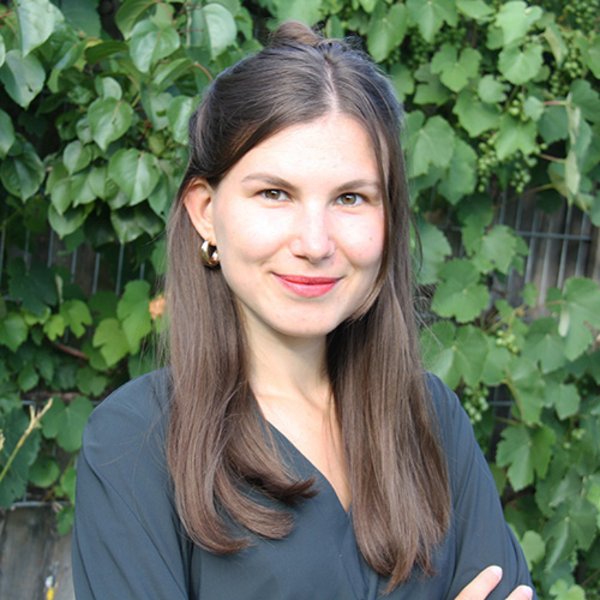
To ensure that TraCe's research findings and processes are included into the broader societal debate on (transformations of) political violence, continuous media work, publications, and knowledge transfer events are essential. In all these areas, I support our researchers. Beyond that, I would like to contribute to ensuring that societal expectations directed towards TraCe are taken up and reflected upon, thus creating a dialogical knowledge transfer.
Principal Investigator
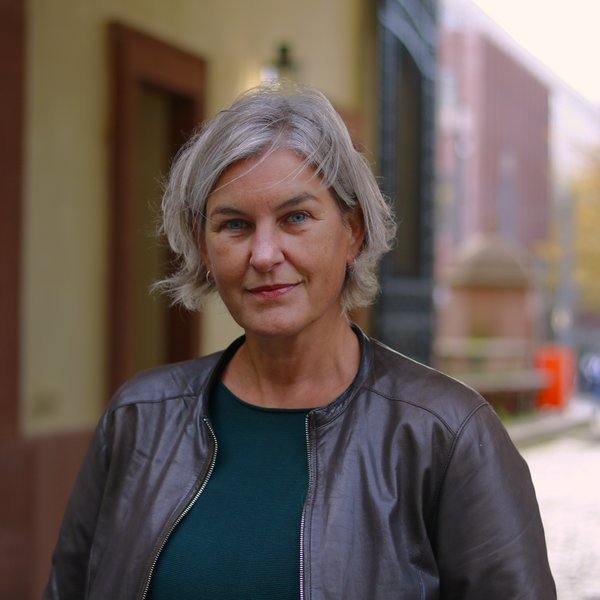
Are there specifically urban forms of political violence? What strategic role does the structural design of a city play in exercise and containment of political violence? What role does the social and cultural heterogeneity of urban spaces play? I understand large cities (not only) of the Western world as centers of new translocal, network-like practices of violence. This applies both in the context of wars, terrorism, and violent protests that use cities as vulnerable infrastructural and sociocultural nodes as well as sites of high media attention, and in the context of increased surveillance of public spaces. In my research at TraCe, I examine urban streets and squares where Islamist terrorists have carried out deadly attacks on pedestrians with trucks/vans in recent years (Nice 2016, Berlin 2016, London 2017, Stockholm 2017, and Barcelona 2017).
Research Area Interpretations: 3.3 Interpretation of Violence in the City
Principal Investigator
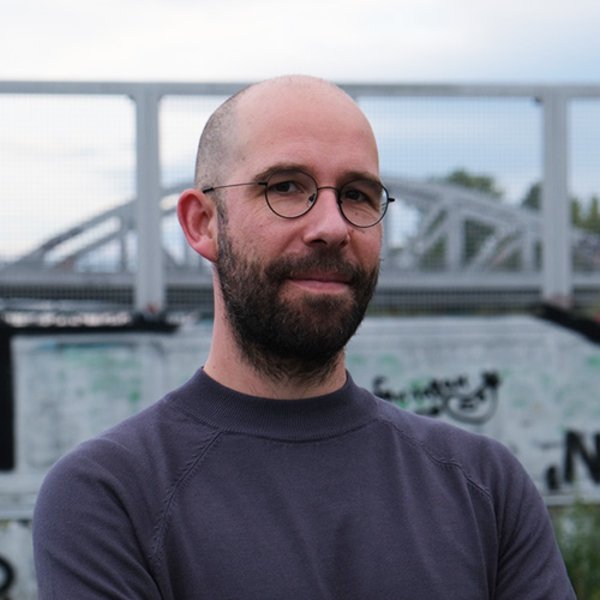
As a consequence of land financialization and the general industrialization of the countryside, rural populations have been exposed to various forms of violence in recent decades. In my research I am interested in these violent transformations and new forms of reactive violence in the countryside. On the one hand, I look at the actors and the clashes between the investors, governments, and international organizations behind these transformations, and the social movements trying to resist their policies. On the other hand, I am also interested in the rural tendency to give authoritarian answers to ecological and economic crises.
Research Area Interpretations: 3.1 Interpretation of Violence
Research Associate
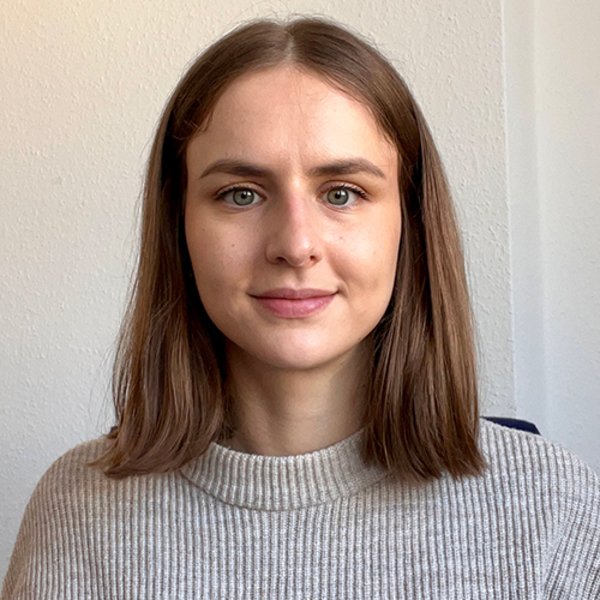
Within my research, I am concerned with processes of attributing meaning to historical violence and specifically with the circumstances and consequences of interpretations of violence in postcolonial relationships. I examine representations, narratives, and forms of political and civic engagement in relation to the colonial atrocities committed by the colonial government during the genocide in former German Southwest Africa (1904-08) and the Majimaji War in former German East Africa (1905-07). I am interested in similarities and differences in the interpretation of these crimes and what role this plays in the different local and international approaches to historical events. Furthermore, I focus on the role of civil society and political actors and their influence on the specific patterns of interpretation.
Research Area Interpretations: 3.1 Interpretation of Violence
Principal Investigator
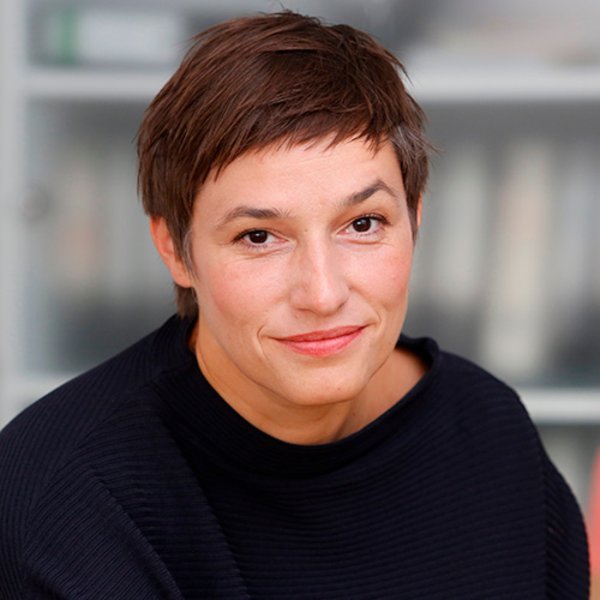
My main research interest concerns the productivity of conflicts. I am particularly interested in understanding how conflict, including violent conflict, affects inter- and transnational orders. Political violence has not only spurred the development of the modern nation state on the European continent but it has equally affected the design of international institutions and values. Think of the creation of the United Nations in response to World War II. I am interested in when and how this happens.
Research Area Institutions: 2.2 Justification of External Intervention as a Process of Problematic Normalization of Violence
Principal Investigator
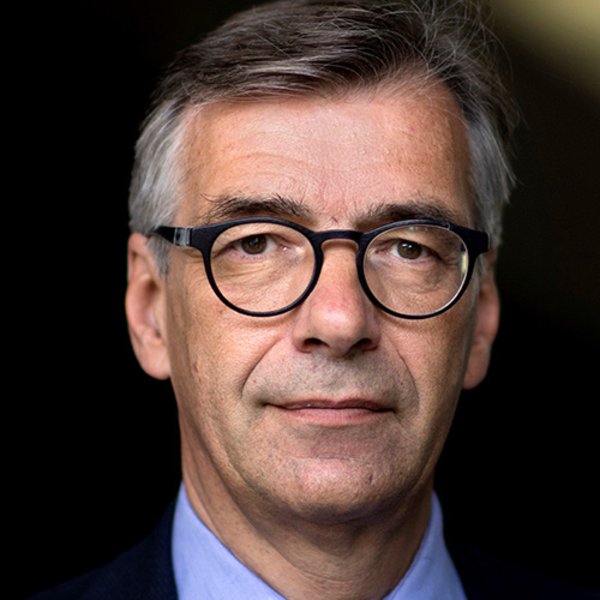
Research Area Synergies: 4.1 Language and Language Change | 4.3 Pacification or Transformation?
Principal Investigator | Deputy Member of Directorate
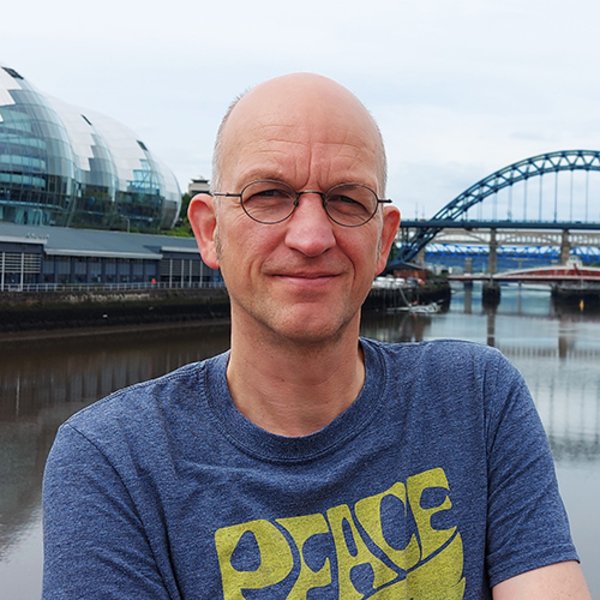
For a long time I have been interested in theories and methods in peace and conflict as well as in critical security studies. Currently, I am working on practices of international administration in postcolonial and postwar societies, society's dealing with past mass violence, and sexual and reproductive rights as a global field of conflict. Methodologically, I am using theory driven and comparative research designs with an emphasis on Central and Southeast Asia (in particular Cambodia and Timor Leste).
Research Area Synergies: 4.2 Theoretical Innovations
Principal Investigator | Member of Directorate
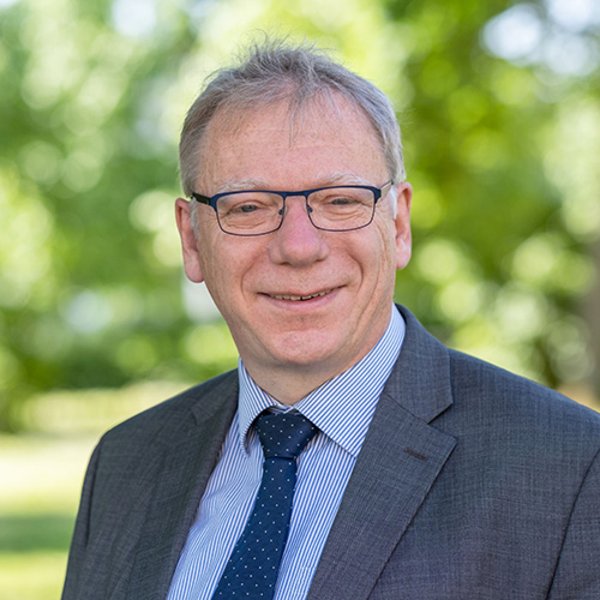
In my international law research, I am interested in the containment of armed violence (military force) in international relations. In addition to ius ad bellum, ius in bello (often labelled as international humanitarian law) forms a central part of my research. As such, research on arms control law has been a key area of my work. By researching legal issues, I hope to contribute to strengthening norms against chemical and biological weapons. In addition, I address legal questions of collective security from the perspective of the history of international law as well as fact-finding in armed conflicts.
Research Area Institutions: 2.1 Intervention and Prohibition in the Context of De-Colonization | 2.2 Justification of External Intervention as a Process of Problematic Normalization of Violence | 2.3 Containment of New Violent Actors
Research Associate

In my research, I aim to respond to the trend towards intra-state internationalized conflicts and non-state conflicts by examining the partly outdated institutional regulations in the containment and legitimation of political violence. By taking up postcolonial perspectives on transformative justice, I am to consider global interconnections and historically founded inequality in conflict. At the same time, such a perspective makes their intra-societal effects and potentials for conflict resolution at the local level tangible. Ultimately, through a transformative justice lens, my research aims to further the understanding of political violence as a complex social phenomenon in its emergence and exercise and to find adaptations for the international institutions of conflict resolution.
Research Area Institutions: 2.3 Containment of New Violent Actors
Principal Investigator
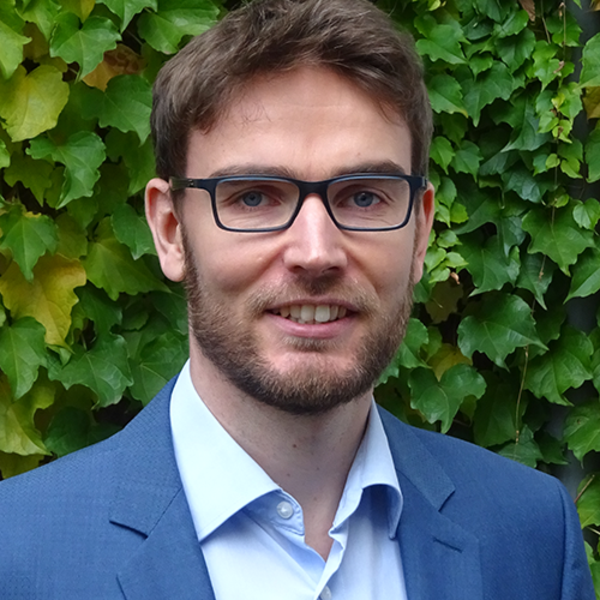
My research uses quantitative methods to better understand and describe the dynamics of armed conflict. I am primarily interested in three topic areas: When and with which outcomes do external interventions and peace processes occur in intra-state conflicts? How does exposure to violence affect individual identity, attitudes, and behavior? How can we analyze data most effectively to understand these phenomena more accurately?
Research Area Forms: 1.1 Findings on the Forms, Causes and Consequences of Political Violence
Research Associate
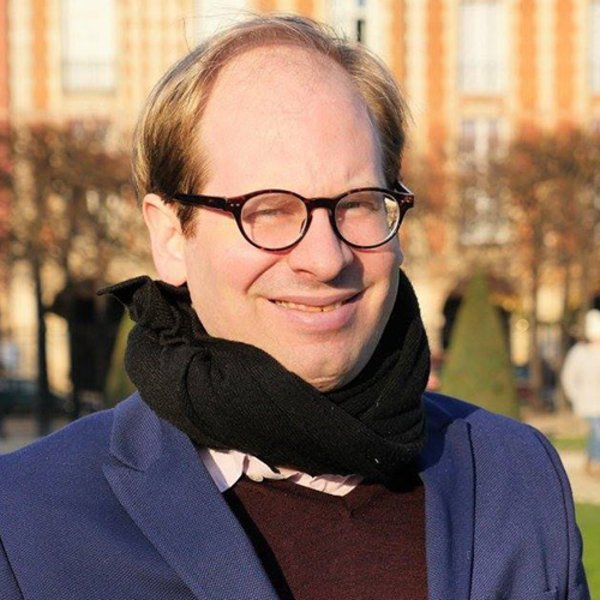
I am looking at the construction of international law in the 19th century and especially at international lawyers and their contribution within foreign affairs ministries (Prussia/Germany, Austria, France, Russia, etc.). I will give an insight on how these international lawyers have contributed on the juridification of international relations and the justification of external intervention from a global perspective.
Research Area Institutions: 2.1 Intervention and Prohibition in the Context of De-Colonization | 2.2 Justification of External Intervention as a Process of Problematic Normalization of Violence | 2.3 Containment of New Violent Actors
Research Associate
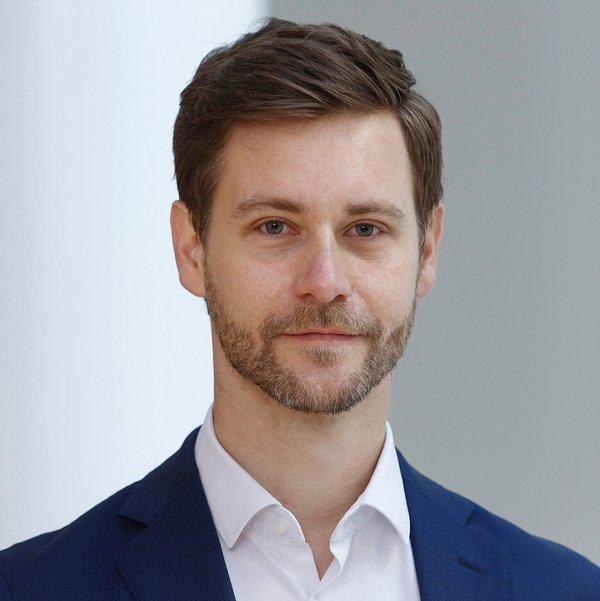
The deadliest and most destabilizing wars in history all developed from initial clashes between the world’s most formidable military powers and their much weaker neighbors (e.g. Austria-Hungary vs. Serbia in 1914). Russia’s invasion of Ukraine in 2022 and the looming war threat between China and Taiwan highlight the enduring need for a systematic and well-grounded understanding of military conflict between unequal neighbors. I identify how unequal neighbors differ from other state pairs in international politics, systematize patterns of war and peace between them, and trace the causes of these patterns.
Research Area Forms: 1.1 Findings on the Forms, Causes and Consequences of Political Violence
Research Area Synergies: 4.3 Pacification or Transformation?
Research Associate
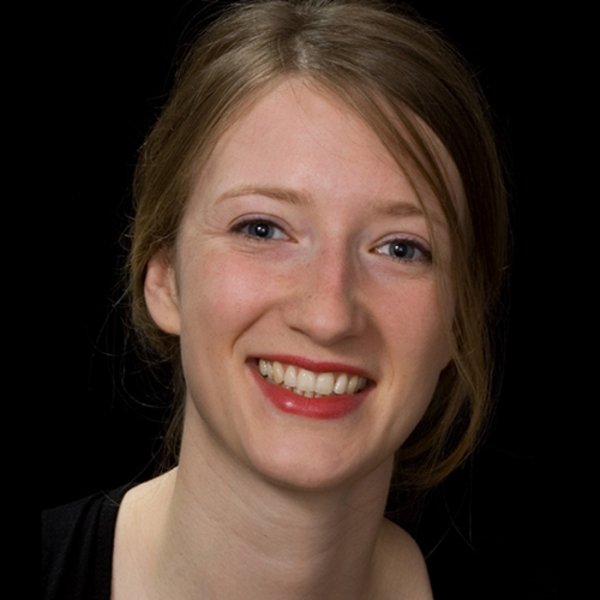
I understand media culture and memory culture studies as a form of contemporary social analysis. In particular, I am interested in the ambivalent role and transformative potentials of old and new media in the production and networking of media (counter)publics. In doing so, I adopt a critical postcolonial-feminist perspective and also draw on social movement studies to examine the transformations of memory discourses and memory spaces for marginalized groups in the Global South. The regional focus of my case studies is on the entanglements of social memory, media culture, and (the interpretation of) political violence in Brazil.
Research Area Interpretations: 3.2 Memories of Violence
Research Associate
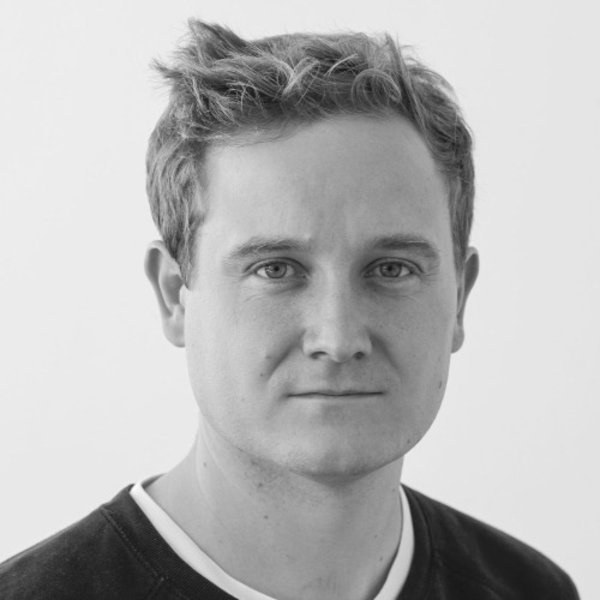
In my research, I am concerned with the reciprocal relationships between political violence and urban (public) spaces. I am interested in how urban spaces are transformed by acts of violence materially, symbolically, and in terms of social practices. Furthermore, I investigate how these urban spaces are interpreted differently by actors, which different conceptions and constructions of public spaces are made relevant and the different forms of memory of these acts of violence. In this way, I would like to contribute to the spatial analysis of political violence.
Research Area Interpretations: 3.3 Interpretation of Violence in the City
Associate Fellow
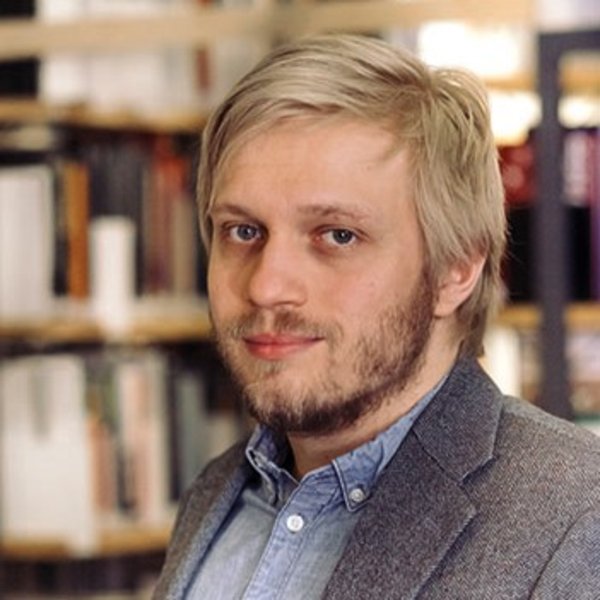
In my planned research project "Ordering Violence" I engage with the question as to what extent transformations of the terminological as well as normative order(s) of political violence can be identified in modernity (~1789 to today). In particular, this involves ordering the perception of violence by developing a modern genealogy of war and its justification. In this genealogy, I will reconstruct changes and continuities in the way ‘political violence’ has been conceptually and normatively ordered in modernity. The aim of the research project is therefore not only to reconstruct the definitions, concepts, and narratives central to this ordering process, but also discursive ruptures, continuities, and contingencies beyond a simple dichotomy of "old" and "new."
Research Area Synergies: 4.1 Language and Language Change | 4.3 Pacification or Transformation
Associate Fellow
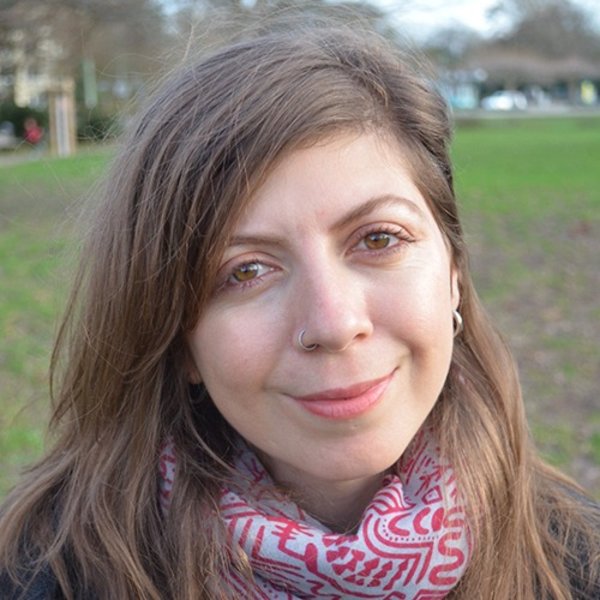
In my research, I am concerned with the relationship between political violence, memory, and mobility through the case of political exiles from Turkey who had to flee after the 1980 military coup in Turkey. Relying theoretically on the memory literature, the question I pursue is how a traumatic past marked by political violence, displacement, and exile is remembered and interpreted today. I also focus on the relationship between memory and mobility by examining how these exiles' memories of trauma and violence moved into a new space and interrelated with a new memory culture.
Research Area Interpretations: 3.2 Memories of Violence
Administrative Coordinator
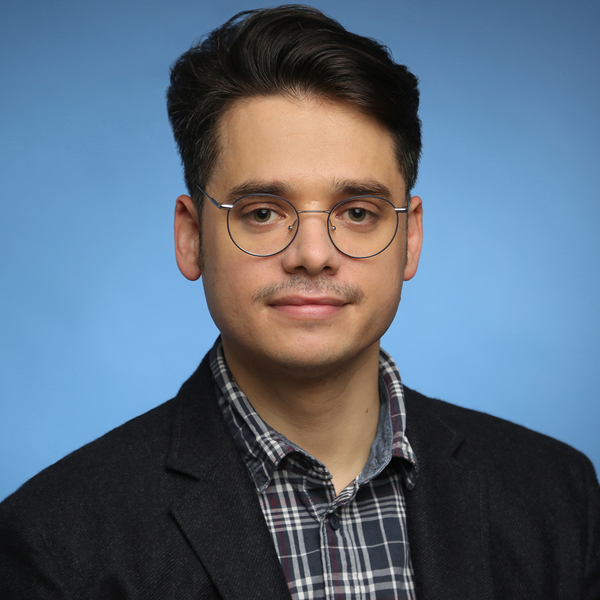
In addition, both my research interests and my teaching and publishing activities lie in the areas of maritime conflict in history and the present, critical social theory, philosophy of state, ethics and moral philosophy, and philosophy of religion. Traces of political violence infuse these areas, too. Thus, as a coordinator, TraCe additionally functions for me as a repository for my scholarly development.
Academic Coordinator (part time 50%)
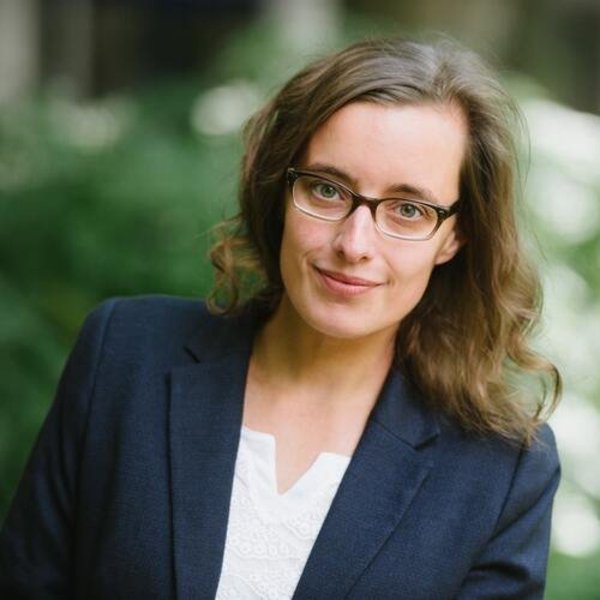
As academic coordinator, I have an overview of all TraCe-relevant activities and keep a firm eye on plans and objectives. In addition to the general management of the directorate, this includes the coordination of the scientific work of the research center, such as general quality control or the publication of the TraCe publication series. Strategic planning for the future of the research center (beyond the current funding period) also falls within my area of responsibility. Together with the colleagues from knowledge transfer, I plan TraCe events and coordinate the center's public appearance. I also promote the PRIF-internal networking and cooperation of TraCe researchers. The support of early career researchers, which is also the focus of my freelance work as a coach, is particularly close to my heart.
Associate Fellow
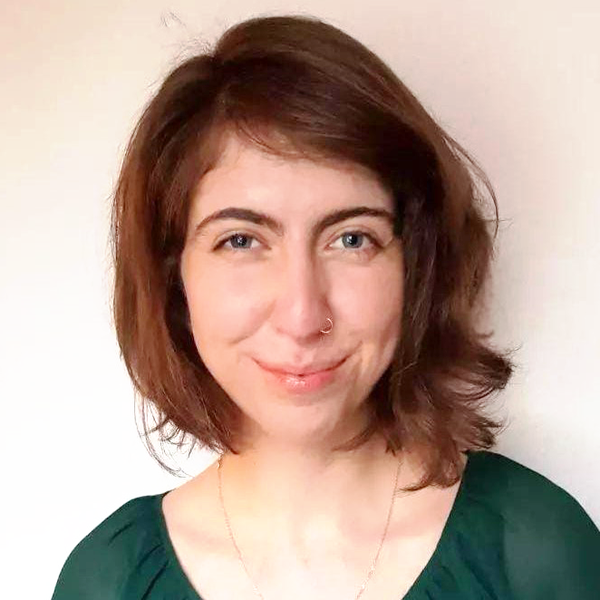
I take into account how this violence is addressed in the modern, postcolonial settler state. Specifically, I am interested in Indigenous women who live at an intersection of multiple dimensions of violence, particularly in relation to gender and race. I study the impact that the United Nations Declaration on the Rights of Indigenous People (UNDRIP) renders on political discourse, how it affects legal and policy processes, and if — or to what extent — the realities of Indigenous women change as a result.
Research Area Interpretations: 3.1 Interpretation of Violence
JLU Giessen | September 2023
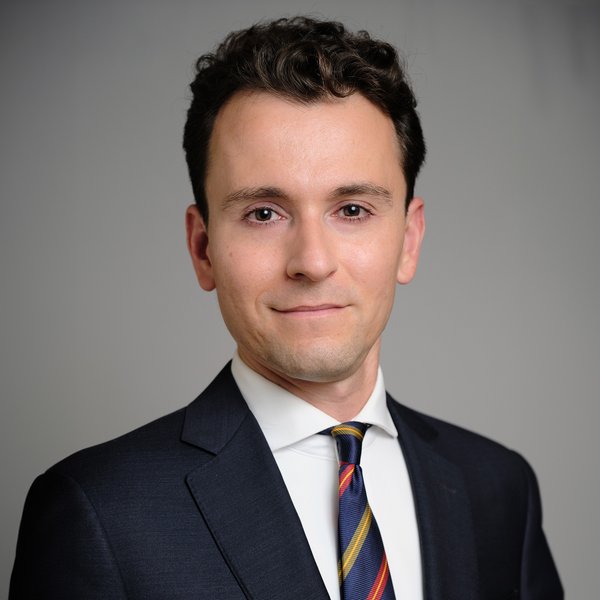
In my research at the Asser Institute for International and European Law in The Hague, I examine the human rights implications of irresponsible arms trade. In particular, I am concerned with the access to remedies for gun victims through transnational civil litigation, focusing on legal remedies available across European jurisdictions for harm occuring in third states. This is not only the focus of my academic work, but also in a practical capacity as supervisor of the International Law Clinic on Access to Justice for Gun Violence at the University of Amsterdam. During my fellowship with TraCe, I aim to contribute to discussions about due diligence in relation to the arms trade and engage with scholars and stakeholders in this respect.
Research Area Institutions: 2.3 Containment of New Violent Actors
Associate Fellow
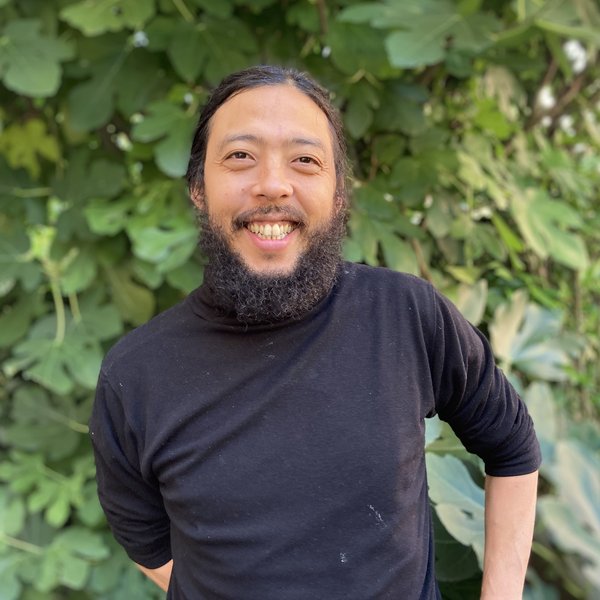
The overall aim of my research is to map, in the recent democratic period, transformations in the modes of (non)recognition by the Brazilian State of the political violence produced by the military dictatorship. Particularly interesting in this process, I examine the structures that enabled and conditioned the insertion of the voice of the survivor’s in the country’s official history. I aim at showing how different institutional mechanisms of the Brazilian transition provided distinct degrees of participation, publication, and reliance on the testimony of victims of state violence in the construction of juridical and historical truth.
Research Area Interpreations: 3.2 Memories of Violence
PRIF | September & November 2023
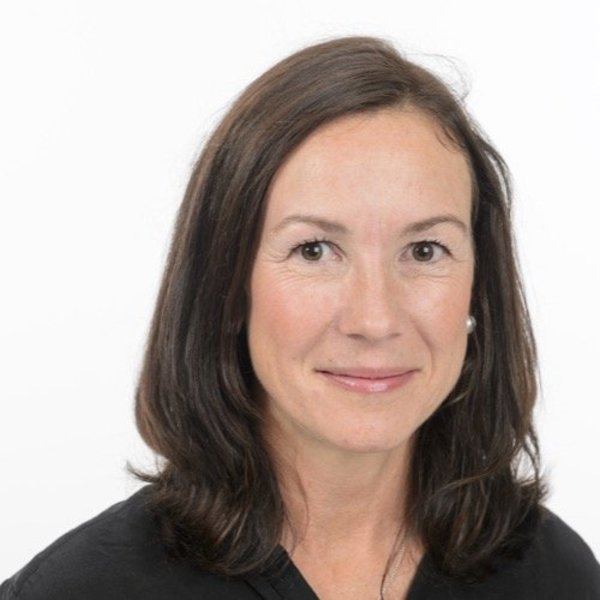
My research interest includes spatial approaches to peace and peacebuilding, transitional justice, memory politics, norms in IR, as well as gender and peace. First, I conduct research on memory politics in societies that grapple with the painful legacies of the violent past in a collaborative research project Politics of Memory and Cultural Heritage of War, funded by the Swedish Research Council. Our research findings from Cyprus, Rwanda and Bosnia-Herzegovina demonstrate the strength with which memories of past violence affect the quality of peace in the present. Second, within the research project Troubling Testimonies we collect and analyse women’s testimonies of war from Bosnia-Herzegovina, Rwanda, Sri Lanka, and Syria/Iraq with the aim of gendering knowledge of war. Third, building on my research on UNSCR 1325 and Women Peace and Security, and norms, I am currently researching the Backlash on the WPS agenda.
Research Area Interpretations: 3.2 Memories of Violence | 3.3 Interpretation of Violence in the City
Goethe University Frankfurt | September & October 2023
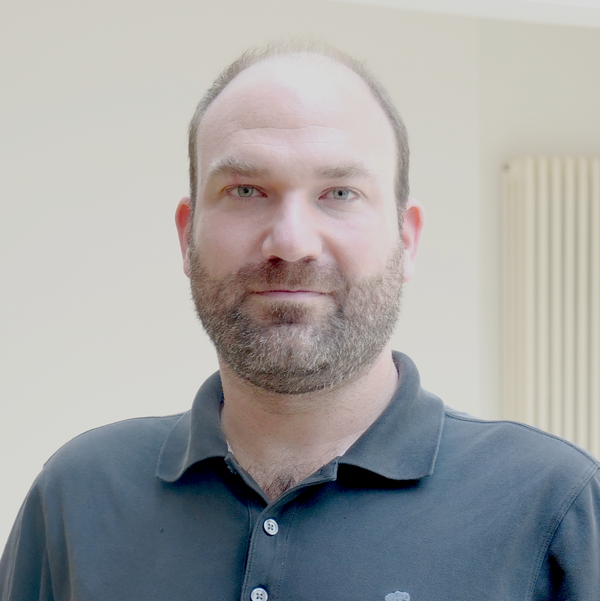
In my main projects, I investigate the interaction between civil war belligerents: I examine how quagmire can result from the interaction between the warring parties, taking into account international politics. I also look at warfighting choices, focusing on alliance behavior and the operational goals of fighting. Finally, I study the behavioral determinants of individual actions in situations of group conflict. My empirical focus is on the Middle East, especially Lebanon and Syria. With TraCe, I will (1) compare civil war causes from 1990-2000 and 2001-present and (2) consider a different context: Using my new public opinion survey in Finland, I will examine citizens’ desired national and international security responses to potential Russian attacks following the 2022 invasion of Ukraine.
Research Area Forms: 1.1 Findings on the Forms, Causes and Consequences of Political Violence
TU Darmstadt | October - December 2023
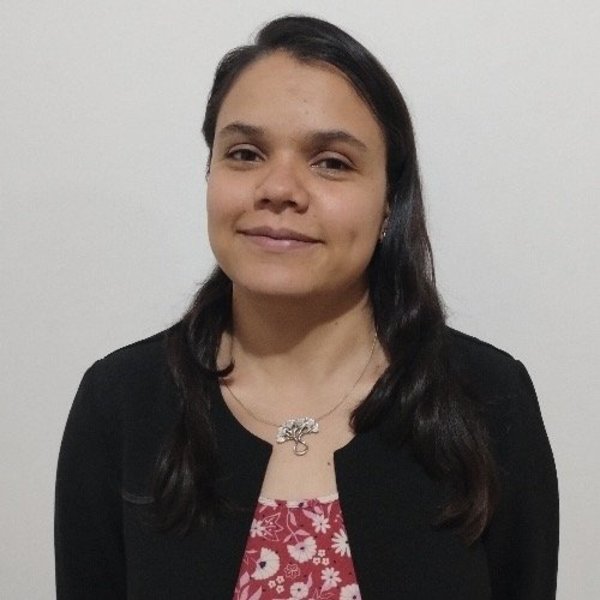
In my research, I investigate environmental conflicts and address issues of peace studies, participation as well as gender in Colombia. Having lived in Colombia and the longstanding armed conflict for all of my life, I am particularly interested in the local and peaceful resistance of marginalized groups such as women, LGBTIQ+ people, or ethnic groups against political violence. It is my goal both as a scholar and a peacebuilder to provide space for a new generation to think and act critically. During my fellowship at TraCe, I will focus on the connections between mining and environmental conflicts, as well as the recent strikes in Colombia, and use qualitative methods to examine the role of women, LGBTIQ+, and technology in particular.
Research Area Forms: 1.2 New Forms of Political Violence and Technological Change
Associate Fellow

In my research, I examine the extent to which transitional justice mechanisms and peacebuilding efforts are able to adress the link between political violence and long-term race, gender and class-based hierarchies. My work is based on a feminist research philosophy that emphasizes the situatedness of knowledge and aims to build ethical solidarity between activist and academic knowledge-production networks. In my research I acknowledge and emphasize the horizons of transformation that marginalized social actors enact in peacebuilding scenarios, such as Indigenous and Afrodescendent groups, women and gender/sexual dissidences, which exceed the framework of liberal modernity.
Research Area Interpretations: 3.1 Interpretation of Violence | 3.2 Memories of Violence
Associate Fellow

In my research, I am studying civil conflicts with a particular focus on peace negotiations, conflict interventions and nonviolent action in violent contexts. I mostly conduct quantitative large-N studies using methods such as panel regression, IRT models and survival analysis. In the context of TraCe, I am particularly interested in the internationalization of intra-state conflict as a larger trend in the transformation of political violence. I examine how scope and forms of intervention and external support in intra-state conflicts have changed over time and how this influences the course and outcome of these conflicts.
Research Area Forms: 1.1 Findings on the Forms, Causes and Consequences of Political Violence
Student Assistant

As a student assistant in the TraCe Knowledge Transfer, I mainly support the research center's media and public relations work. My tasks include managing and editing the website and social networks. Here, I advertise TraCe events or publications, report on past activities and support the scientists in making their work visible.
Student Assistant

As a student assistant for the center coordination, I provide support for organizational, content-related, and editorial tasks. My responsibilities include creating and maintaining databases, such as the TraCe calendar, as well as editorial preparation for the internal newsletter.
Associate Fellow
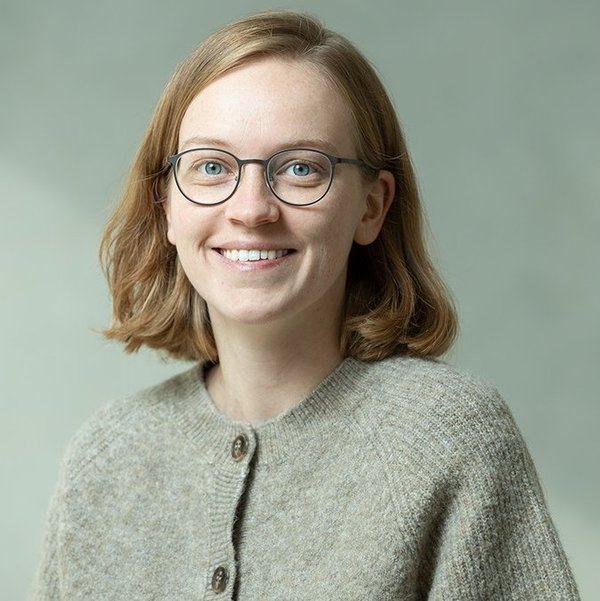
My research focuses on the interface of humans and information technology, analyzing governmental visions of future interactions between human actors and artificial intelligence. In doing so, I am interested in how such innovation policies, drawing on conventional understandings of human-computer interaction, contribute to the geopoliticization of technology but also to the production of ontological security. Further, I look at the micro level and examine technologically mediated practices that have both violent and peace-promoting effects. The analysis of crisis scenarios focuses in particular on misinformation and informal self-organization on social media and also asks about design-oriented implications.
Research Area Forms: 1.2 New Forms of Political Violence and Technological Change
Student Assistant

As a student assistant in the TraCe Knowledge Transfer, I mainly support the research center's media and public relations work. My tasks include managing and editing the website and social networks. Here, I advertise TraCe events or publications, report on past activities and support the scientists in making their work visible.